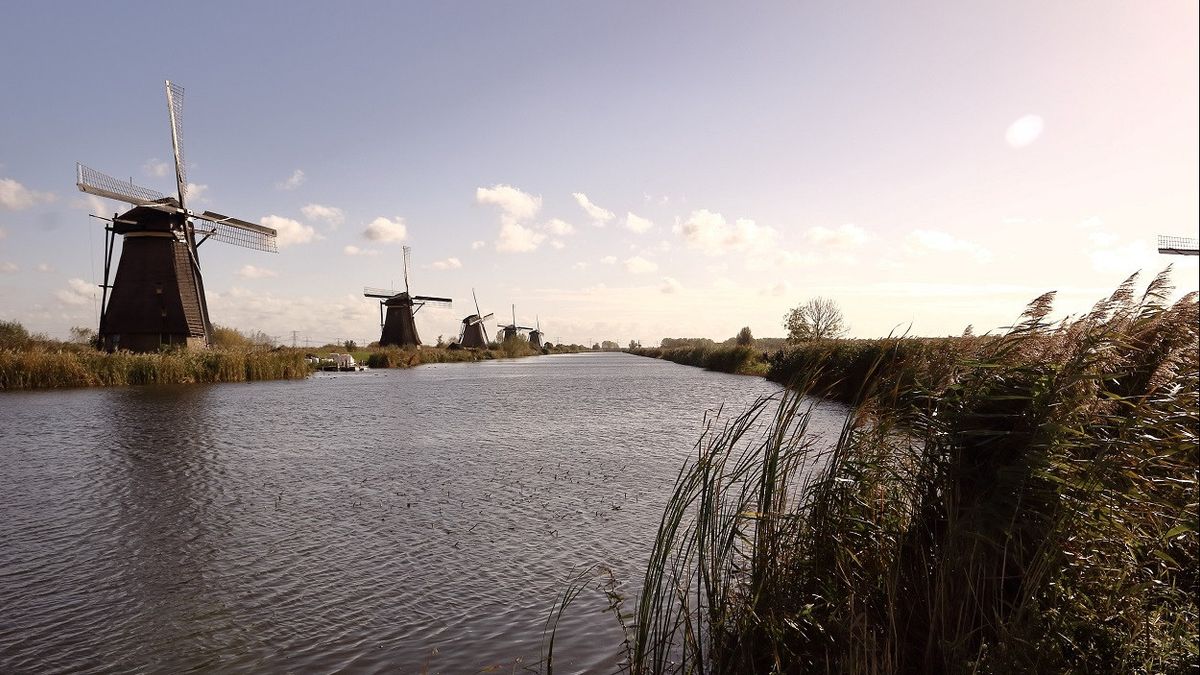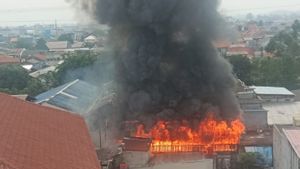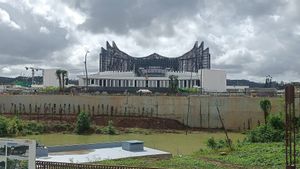JAKARTA - The Dutch government announced a water shortage on Wednesday, following an unusually dry summer with no rain forecast for the next two weeks.
The extreme heatwave that swept across much of Europe and the United States last month brought calls for more efforts to tackle global warming, which scientists say makes extremely hot weather more frequent and deadly.
With two-thirds of the Dutch population living below sea level, drought can quickly become an acute problem in the Netherlands, causing silting of rivers and impeding water traffic.
Further problems arise from the levees drying up, with many requiring the weight of the water itself to stay strong.
"We have watched it become drier in the Netherlands for several weeks now due to evaporation in our own country and very low river flows from abroad," said Michele Blom of the country's Public Works and Water Management agency, which is appointed to oversee drought duties, reported Reuters August 3.
Currently, barges downstream of the Rhine, a key route for transporting coal from the interior of Rotterdam to German steelmakers and electricity producers - are operating at less than half capacity.
The Dutch ministry of infrastructure and transport said on Tuesday that water was flowing through the Rhine at a rate of 850 cubic meters per second in Lobith, the eastern city where it entered the Netherlands, "very low for the whole year."
The levels are better in Maas, also known as Meuse, which flows from France to Holland. IJselmeer, a large artificial freshwater lake in the north of the country carved out of the North Sea in the 20th century, is sufficiently filled and can supply water to the Province of Groningen.
However, groundwater levels are sinking and are "very low in some places in the south," the ministry said, leading to algae blooms and fish deaths. However, it said drinking water was not affected.
The water district is calling on people to conserve water, with the southern provinces of Zeeland and Limburg asking people not to use surface water for watering, an action that affected farmers.
The English, Chinese, Japanese, Arabic, and French versions are automatically generated by the AI. So there may still be inaccuracies in translating, please always see Indonesian as our main language. (system supported by DigitalSiber.id)













